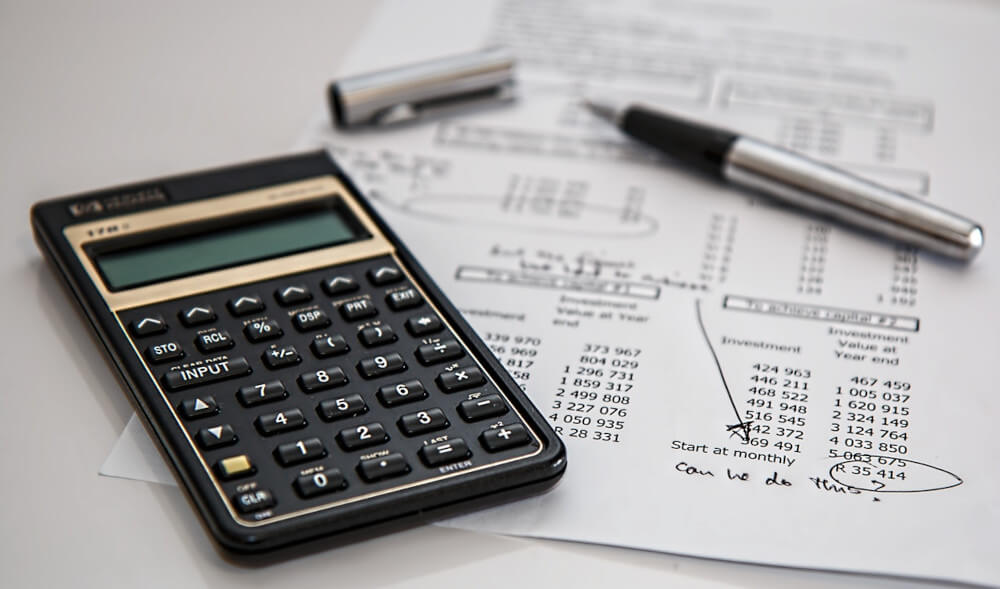
Setting a Budget
A budget helps you keep track of your finances and avoid financial surprises.
Bills and unexpected expenses can devastate your finances. But they don’t have to if you’re prepared.
A budget helps you keep track of your expenses and income, even if something unexpected happens. It also means you can prioritize what you can afford.
How to make a budget? Here’s help.
The budget shows your expenses and income.
A budget summarizes your income and expenses.
Your annual expenses and income vary. So, when making your budget, start now and plan for at least a year ahead. So you get the expenses you only pay quarterly or annually.
Your online bank can show you your expenses and income. Look back a year in your online bank to see what you received and used.
What do you get?
- Monthly revenue is the money you earn. It can be a salary, housing insurance, SU, or a kid
- Income can be lump sums like holiday pay or residual tax.
- Check your account to see what’s been added and when. If you don’t see your income in the online bank
- Recipient of unemployment benefits: Check with your unemployment insurance fund for details.
- You deduct the tax so you only count the money you actually receive.
- If your income fluctuates from month to month, figure out your monthly average and use that figure in your budget.
How much do you pay?
The budget’s fixed expenses are critical. They cover the things you need and pay for regularly.
Examples of fixed expenses:
- Rent
- Insurance
- Water, gas, and power
- Transport
- Contingents
- Phone and internet
- Loan installment
- Subscriptions
Fixed expenses vary from month to month as some are paid monthly, others quarterly, and others annually.
Set aside money each month for expenses that occur every three months or a year. So you’re ready when the bill comes.
Your online bank account statement will show you how much and when you paid for each item. See 12 months of records.
Remember to include variable costs.
Including variable expenses in your budget helps you see what you have left after all expenses are paid.
Variable expenses include:
- Food
- Medicine
- hygiene and cosmetics
- Dentures
- Items for sc
- Pet care
- Hairdresser
- Clothes and shoes
- Vacation
Gifts for Christmas, birthdays, and more
Variable expenses can be difficult to calculate. Check your online bank account overview and note how much you’ve spent on variable expenses over the last few months.
In small amounts, variable expenses can often be reduced. But don’t underestimate them – you may be spending money without even realizing it.
Budget surprises: Invest
Dental bills, car repairs, and a new washing machine can all be unexpected. That’s why you need to budget every month. So you have some in the coffin when the accident is over.
Unexpected expenses can cover happy occasions like birthdays, weddings, and confirmations. Remember to budget for this.
Budget overview:
- Regularly review your budget.
- You must monitor your budget.
- Your expenses may increase, such as a higher mobile subscription or insurance premium, while your income may decrease due to job loss, salary reduction, increased taxes, or loss of housing insurance or free space.
- Your needs may change if you’ve bought a car, had kids or pets, or incurred new expenses.
- Reevaluate your budget if you move, change jobs, or hobbies.
- Every 3 months, check your budget to see if your income and expenses match. If it doesn’t work, change it.
